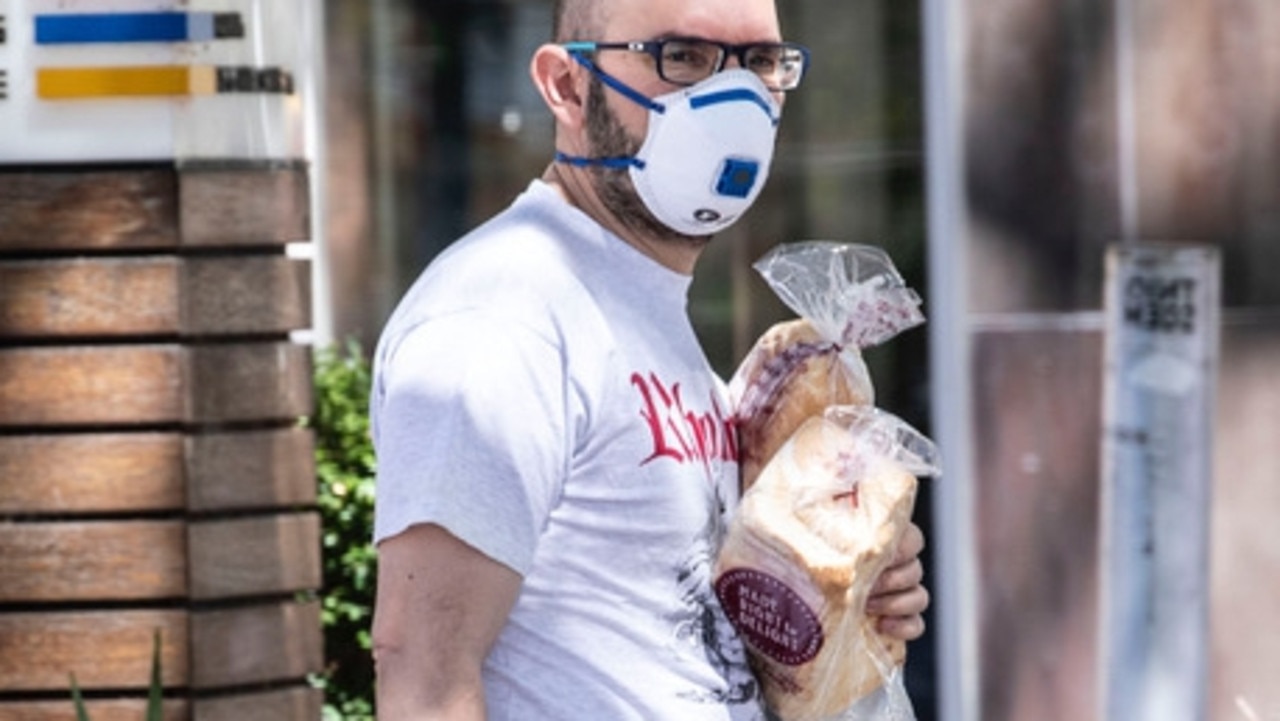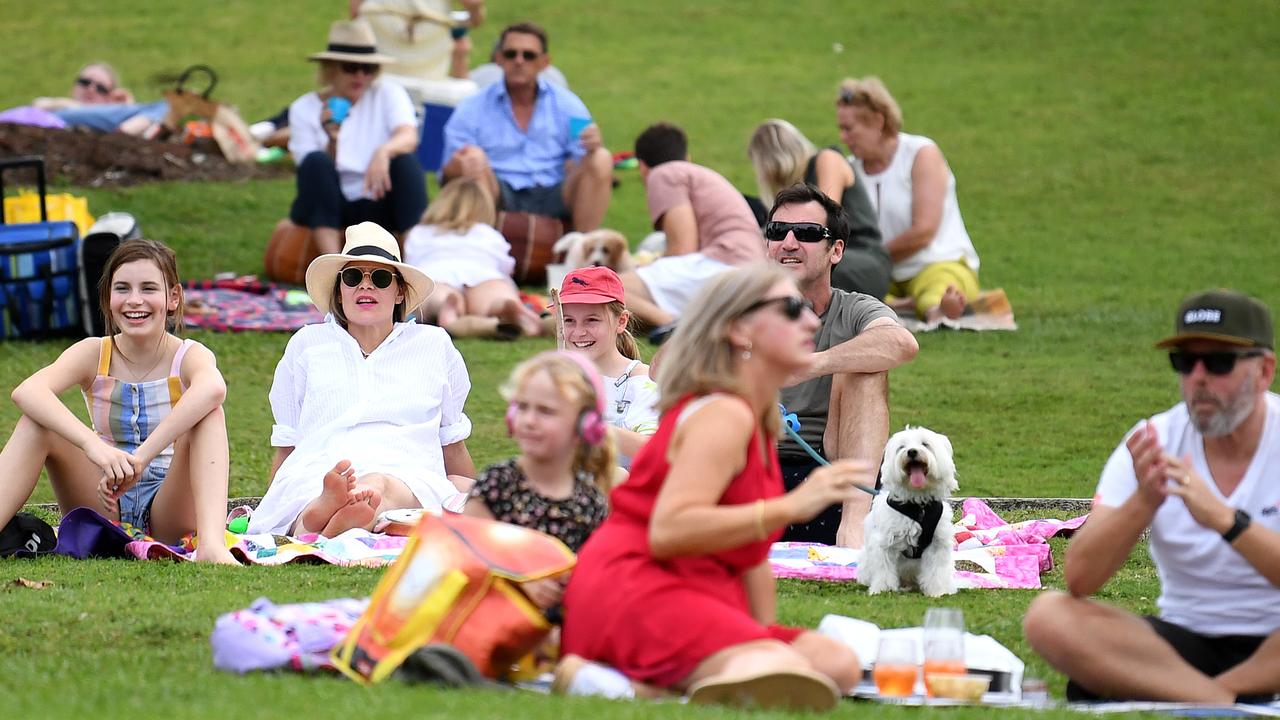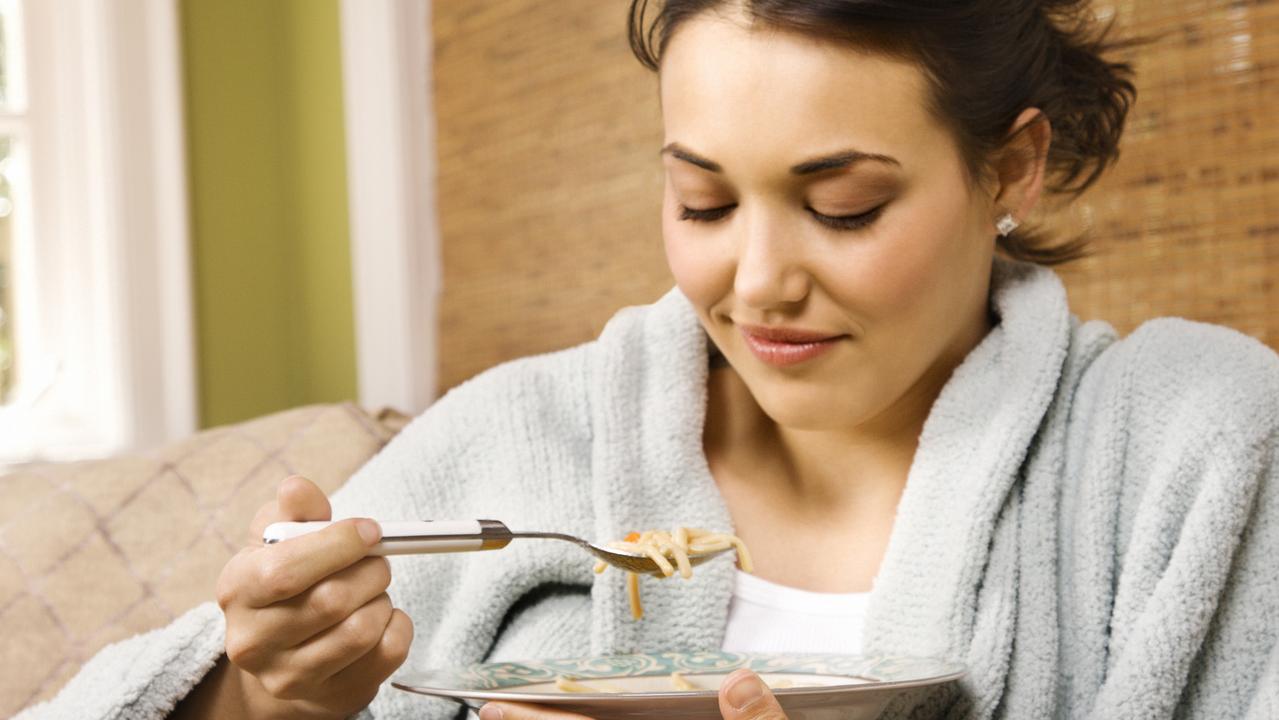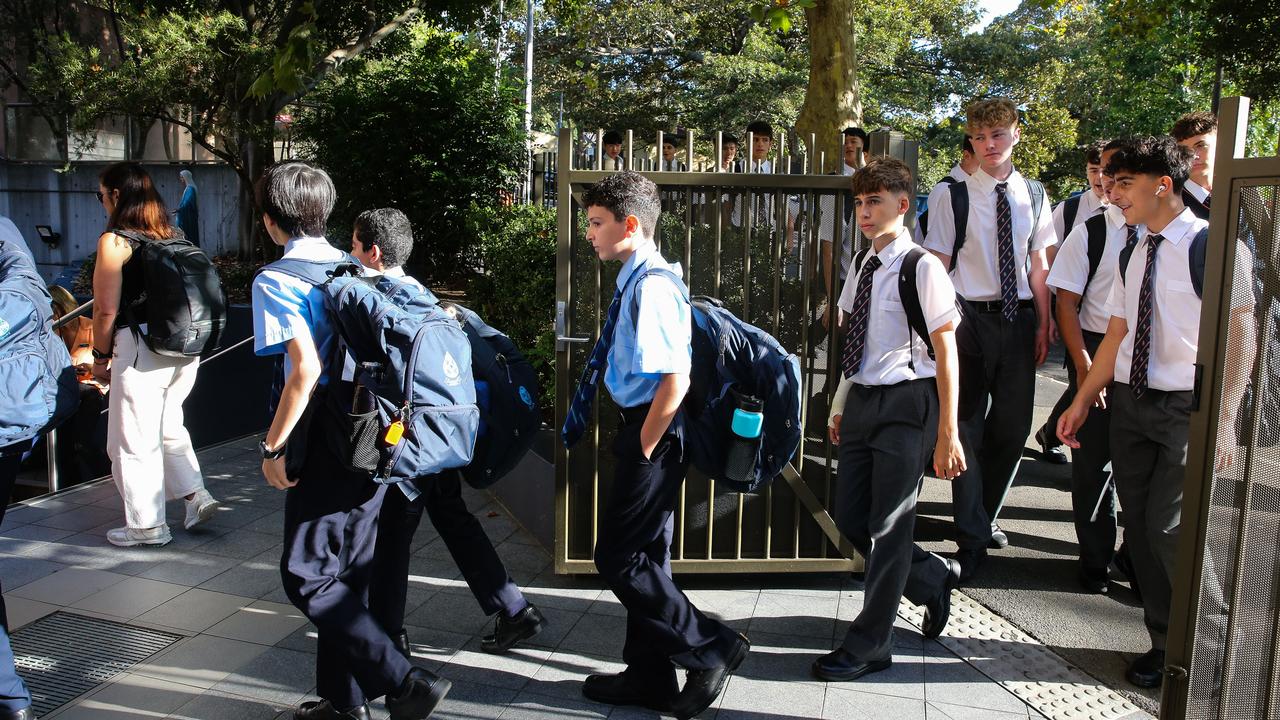Survey shows the areas in Australia least affected by economic downturn caused by the coronavirus pandemic
Residents in one area are cutting back less than other Australians, with almost half not changing their spending at all during the pandemic.

One-in-three Australians have been impacted by the economic downturn due to the coronavirus, either losing their jobs, having their hours cut or being stood down, a new survey shows.
There were about 7000 responses to an online survey done by news.com.au between April 27 and May 7, which looked at how Australians were coping with changes to their lives due to the coronavirus pandemic.
About 35 per cent said they had been impacted by the crisis.
This included 16 per cent who had their hours reduced, 6 per cent instructed to take leave, 6 per cent furloughed or stood down, 3 per cent who closed their businesses and 4 per cent who have been let go.
Grattan Institute economist Danielle Wood said the figures lined up reasonably well with official forecasts and data.
The Reserve Bank of Australia has forecast a 20 per cent decline in total hours worked over the first half of this year, while the unemployment rate was expected to rise by 5 per cent.
“It brings home that a lot of Australians are affected, they are losing jobs, reducing their hours and have had a hit to their income. This is being managed partly by changing their habits and their spending,” Ms Wood told news.com.au.
The figures also show that some states and territories are being impacted more than others.
The Australian Capital Territory (ACT) seems to be faring the best, with 49 per cent of respondents saying they had not made any changes to their spending, much higher than the 36 per cent nationally.
It has the lowest percentage of respondents who said they had applied for JobKeeper, with only 6 per cent applying for the program, compared to 14 per cent nationally.
Those in Tasmania were the most likely to have applied for JobKeeper, with 17 per cent saying they had.
The nation’s capital also had the lowest percentage of those applying for Centrelink payments, with only 2 per cent saying they had done so, compared to 6 per cent nationally.
ACT residents were also less likely to have reduced spending on entertainment and takeway.
RELATED: Follow the latest coronavirus updates
RELATED: State-by-state guide to when restrictions will lift
RELATED: What Australians need to do to avoid a second wave

About 43 per cent said they had cut back, compared to 55 per cent of those living in NSW and Victoria, and 53 per cent nationally.
The ACT’s figures may be due to its high percentage of essential workers — the highest of any state or territory. About 36 per cent said they were essential workers, compared to 23 per cent nationally.
It also has the highest percentage of people able to work from home, with 59 per cent saying they could do so, compared to 50 per cent nationally.
The Northern Territory had the lowest number able to work from home, with only 32 per cent, followed by Tasmania on 35 per cent.
Only 8 per cent of ACT respondents said their hours had been reduced, the lowest of any state or territory.
Overall about 17 per cent said they had been impacted by the downturn through reduced hours, being let go, taking leave, closing their business or being stood down, with 53 per cent saying they had not been impacted so far.
Across Australia, 51 per cent said they had not been impacted by the economic downturn and about 23 per cent said they were essential workers.
MOST IMPACTED STATE
The worst impacted state appears to be Queensland, where 36 per cent said they had been impacted by the downturn including losing their job or having their hours reduced, and only 49 per cent said they had not felt any effects so far.
Victoria and NSW were the next most impacted states, with 35 per cent saying they had experienced a financial hit.
This can also be seen in people’s spending habits, with 55 per cent in both states saying they had reduced spending on entertainment and takeaway, the highest among all the states and territories.
Only 34 per cent in NSW and 35 per cent in Victoria said they hadn’t made any changes to their spending habits.
Across Australia, about 3 per cent said they had closed their business but Ms Wood said the “danger zone” for business insolvency was coming up still.
“The next three to six months is when we’ll see more businesses close,” she said.
“Many businesses are burning cash at the moment and will do for some time to come but they can’t continue to absorb those losses.
“When JobKeeper comes off, it will be another risky time.”
Australia’s recovery will depend on when business and consumer confidence rebound, she said.

WHAT WE ARE DOING IN ISOLATION
Nationally, 80 per cent of Australians said they had been complying with restrictions while another 15 per cent said they were “mostly” doing so, and another 3 per cent said they were trying but found it hard to keep up with what they were. Only 1 per cent said they were not complying at all.
Those in the Northern Territory appeared to be the best at complying with restrictions.
Most people said they had been isolating with their partner (69 per cent) and children (51 per cent). Only 12 per cent said they were alone.
About 4 per cent said they were in isolation with their siblings and 4 per cent said they were with flatmates. Another 2 per cent said they were with their extended family including aunts, uncles, nieces and nephews.
Cooking has been a popular pastime for people, with 45 per cent saying they were spending their time in the kitchen.
Unsurprisingly, 72 per cent said they were watching TV or using streaming services, and 34 per cent said they were undertaking home improvements.
About 34 per cent said they had been reading, 11 per cent were listening to podcasts and 10 per cent were trying to learn a new language or other skill.
Australians are also eating and drinking more in isolation.
Looking for things to pass the time? The best shows to watch, the funniest videos, the best hacks and home workouts? Find it all at our Life (goes on) in Lockdown section

About 16 per cent said they were eating “a lot more” while 44 per cent said they were eating “a little more”.
About 12 per cent admitted to drinking a lot more and another 30 per cent said they were drinking a little more. However, 48 per cent said their habits hadn’t changed and 10 per cent said they were drinking less.
Fortunately, people are also sleeping, exercising and talking to family and friends more.
About 39 per cent said they were exercising more and 35 per cent said they were sleeping more.
About 51 per cent said they were talking to family and friends more, but sadly about 23 per cent they were talking to their loved ones less than normal, which could be due to shutdowns and social distancing measures.
Continue the conversation @charischang2 | charis.chang@news.com.au




